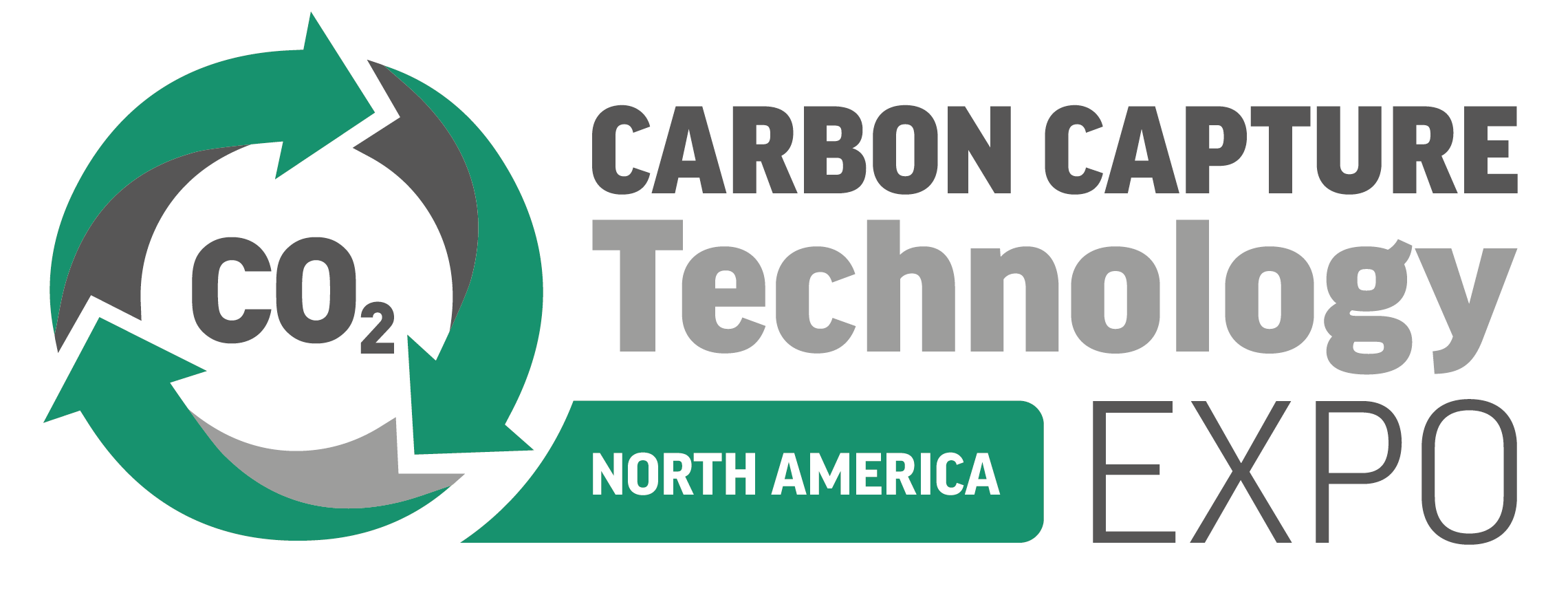CCC recommends a new rate of reduction to CCSA
)
A suggestion of reducing territorial greenhouse gas emissions by 81% from 1990 to 2035 has been made by the Climate Change Committee (CCC) to the UK’s Nationally Determined Contribution (NDC).
Now that the Government’s announcement on providing funding commitment to establish the UK’s first carbon capture industry in the North East of England (the East Coast Cluster), and North West of England and North Wales (HyNet), has been released, this 81% emissions reduction target, sets an excellent aim. This target will significantly help when it comes to creating and delivering these projects.
It has been made clear that CCUS must be deployed at pace in order to keep up with the critical pathway to net zero power by 2030, as well as net zero by 2050. Furthermore, CCUS projects must also work to meet the Climate Change Committee’s target, which currently states that 20-30 million tonnes (Mt) of CO2 should be captured and stored by 2030, plus right now this aim is rising to 50-60 Mt by 2035. To make this all possible, the CCSA is currently collaborating with the Government to ensure that the timely delivery of both clusters and projects occurs throughout the UK.
The CCSA stated that it has, ‘been working to ensure emissions are reduced through the use of carbon capture and hydrogen to decarbonise British industry, and welcomes this advice.’
CEO of the Carbon Capture & Storage Association, Olivia Powis, commented, “Setting ambitious emissions reduction targets is important in our path to a low-carbon economy. It focuses attention on the need to deploy all decarbonisation technologies that are currently available and have private investment backing, such as CCUS and hydrogen production.”
Powis continued, “As long as we continue to use cement to build our homes and roads, chemicals such as ferterlisers for our food production, and power to manufacture our glass bottles and paper, we need to find a way to do this without emitting CO2 now. For many of these industries, CCUS and hydrogen is the only option.”



)
)
)
)
)
)
)



)
)
)
)
)
)
)
)
)
)
)
)
)
)

)

)
)
)

)
)
)
)
)
)
)
)
)
)
)

)

)
)
)
)
)
)
)
)
)


)
)
)

)
)
)

)
)
)
)
)

